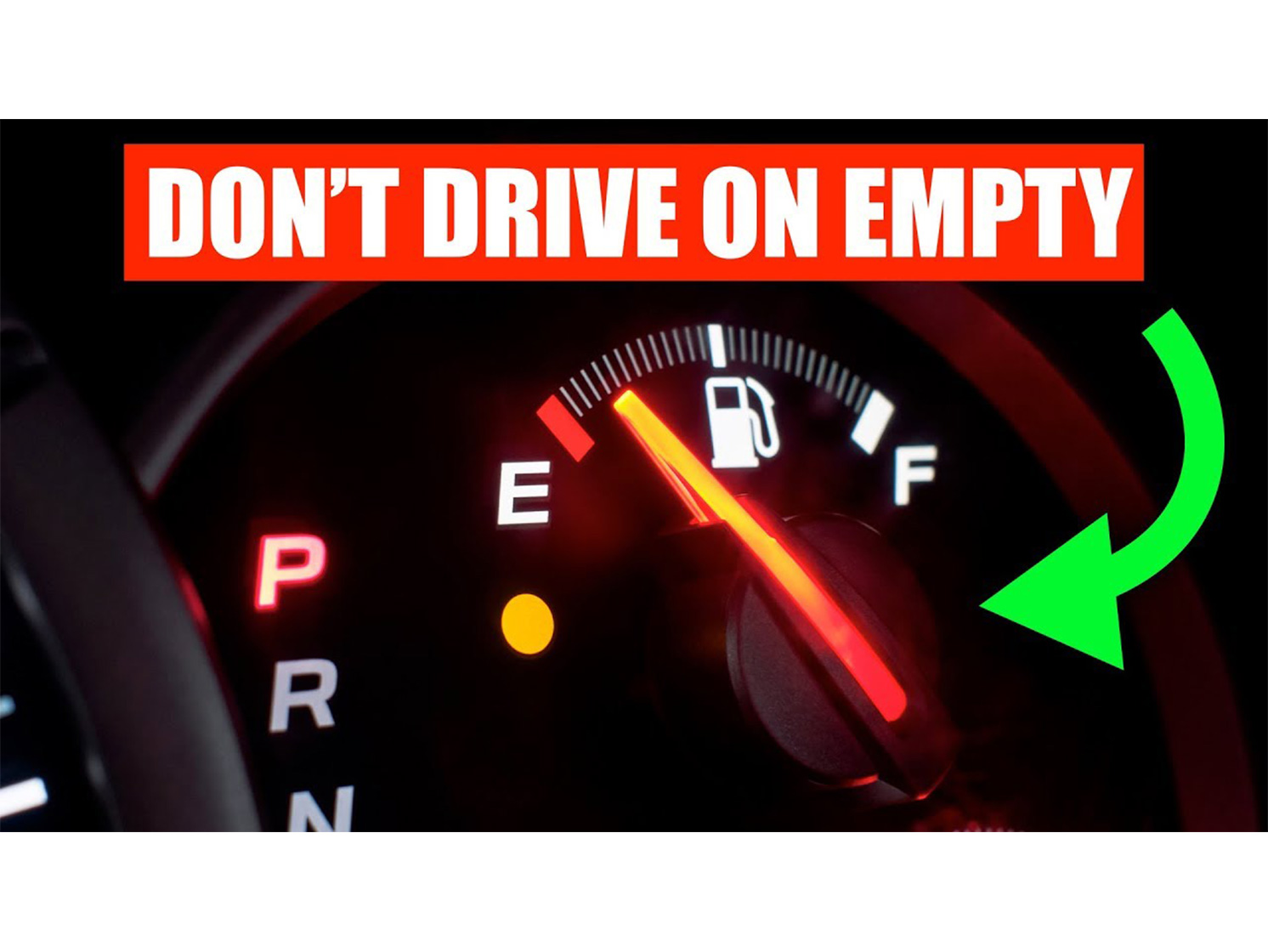Media | Articles
Is running your gas tank to empty really that dangerous?
It is a myth as old as the car itself: running out of fuel will hurt the engine, especially if done repeatedly. Is that the whole truth, though? Jason Fenske over at Engineering Explained took a look at the science behind this myth and if it still applies in the modern era of high-pressure fuel pumps.
That last part is perhaps the most important. In this video, Fenske does look at the specifics of how running low and out of fuel will affect parts of your fuel system and engine, but only on a modern gasoline engine. Classic engines and diesels have their own set of factors to include, as well. So watch the video, but here are a couple additional items to keep in mind that are more classic-specific.
Modern fuel filters are amazing. They can scrub out particulate down to double-digit micron levels (for scale, the human eye cannot see anything smaller than 40 microns), but most classic cars don’t have modern fuel filters. If one is present at all, it might be a mesh sock on the in-tank pickup, a paper filter in-line, or a bronze stone in the carburetor. These are better than nothing, but such solutions can allow sizable debris to pass through and cause problems in the carb and beyond.
Which is all to say that running low on gas is not a bad thing in a modern car, so long as it is not done on a regular basis. However, with classics, in which fuel tanks have likely collected many years of debris both from fuel stations or from deterioration inside the car’s tank itself. Running low on fuel increases the chances this debris will be pulled into the fuel system and cause damage or poor running.
Marketplace
Buy and sell classics with confidence
The positive side, though, is that debris is less likely to damage a classic’s diaphragm-style fuel pump. Classic pumps are much more durable to small flakes of rust or other foreign material. Should any particulate make it through the pump and filters, it will likely cause the carb to either lean out and stop supplying fuel, or stick and flood the engine. A carb rebuild will be in order to remove anything and return proper fuel flow.
A too-rich condition is the worse of the two; too much fuel will wash down the oil on the cylinder walls and cause premature wear. If enough fuel washes down, it can also contaminate and thin the oil, which then spreads that premature wear to other bearing surfaces in the engine. Not good.
This is all to say that while modern cars can get away with running low on fuel regularly, classics likely need to be more careful to prevent issues. Keeping fuel levels on the high side and using a good fuel stabilization product will ensure that classic will run smooth for many more years. Could you get away with running low on fuel regularly? Probably, but come on, just keep an eye on that gauge.


